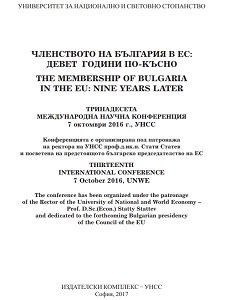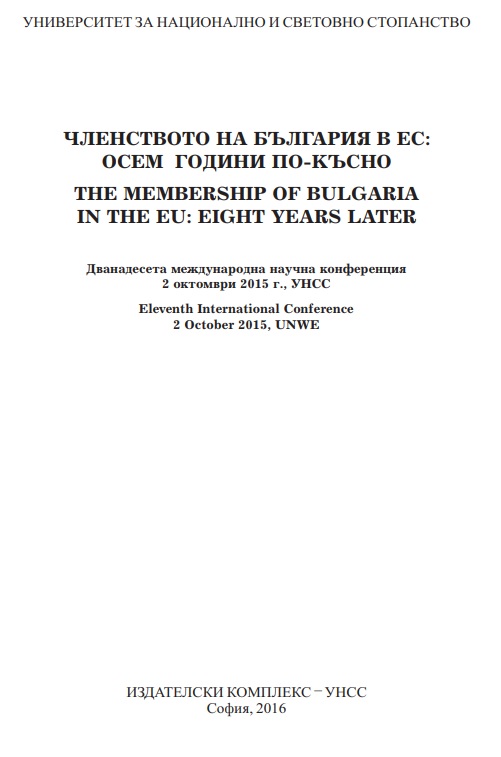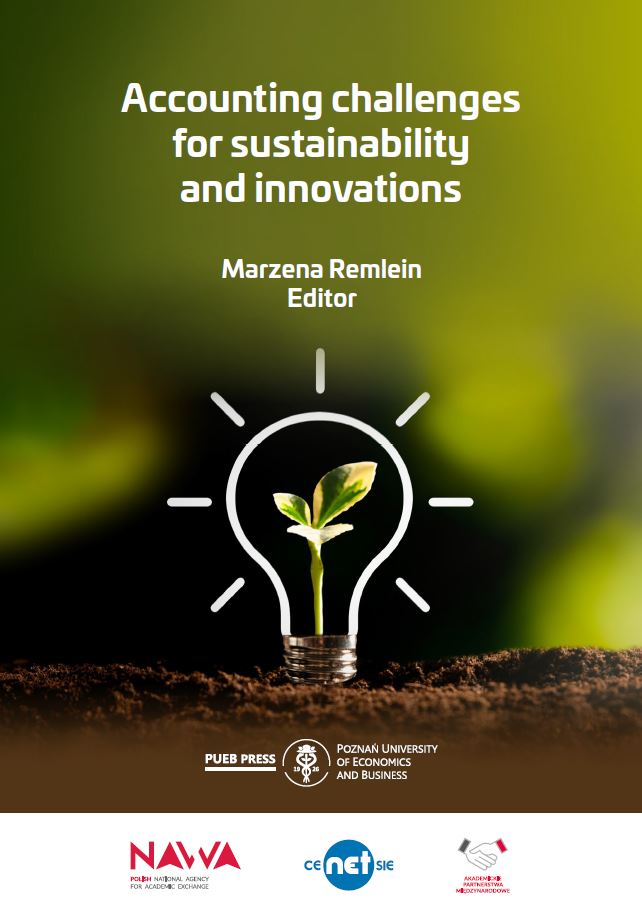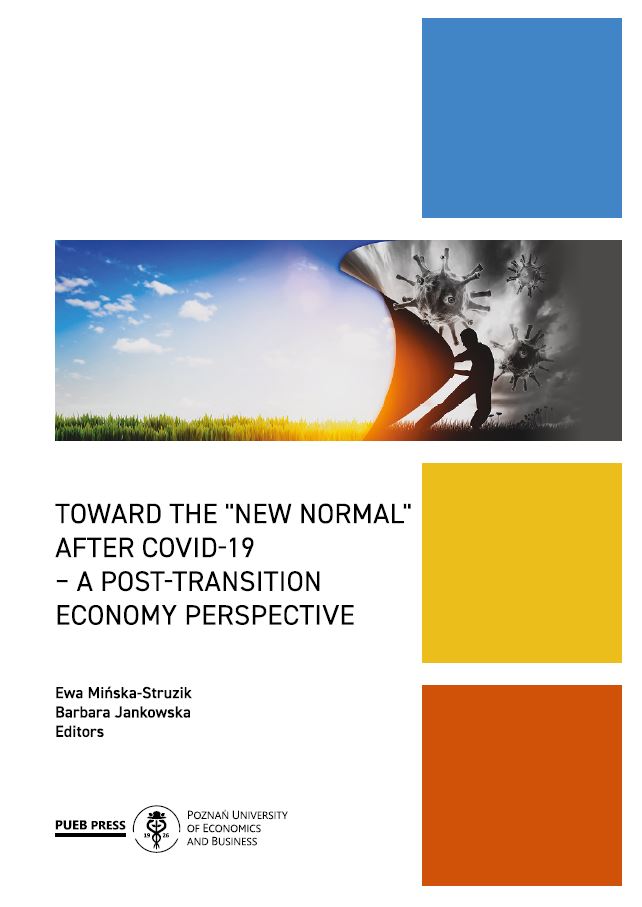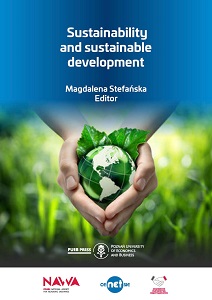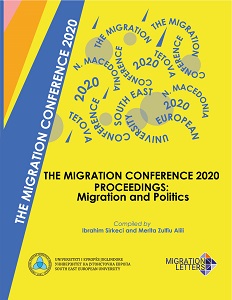
Are “Numbers” Enough For Accessing The Consequences Of Migration? How Remittance Is Widening The Inequality Gap In Ghana
Over the years there have been presentations of many research-works on the so-called “migration and development nexus” with several schools of thought contributing significantly towards the concept as far as the theoretical framework is concerned. In particular, the New Economic Labour of Migration (NELM) stresses on the impact of financial remittances (an aspect of migration) and how it serves as an insurance for most family members. Significantly, there have been several statistical data from the World Bank which highlight on the role of remittance and how it could be a poverty alleviation tool. Whilst these assumptions and theoretical underpinnings seem to argue in favour of how migration could be a contributor to development and poverty reduction, evidence from the grounds seem to suggest quite a worrying situation. Indeed, we cannot discuss development robustly without shedding light on inequality. Thus, the inequality gap between the rich and poor as well as the monumental regional development gap keep widening as the beneficiary of remittances are normally those within the middle and upper class and the places where these live. With reference to Ghana as a case study, the prime focus of this paper discusses how migrants’ remittance is contributing towards inequality in Ghana. To address this issue, this paper is structured into two main parts. The first part discusses statistical data on remittances to Ghana with a review on the theoretical framework on the consequences of migration. The second part delve into the issue of inequality and the role of remittances, discussing options for a better future, with higher levels of social justice.
More...
